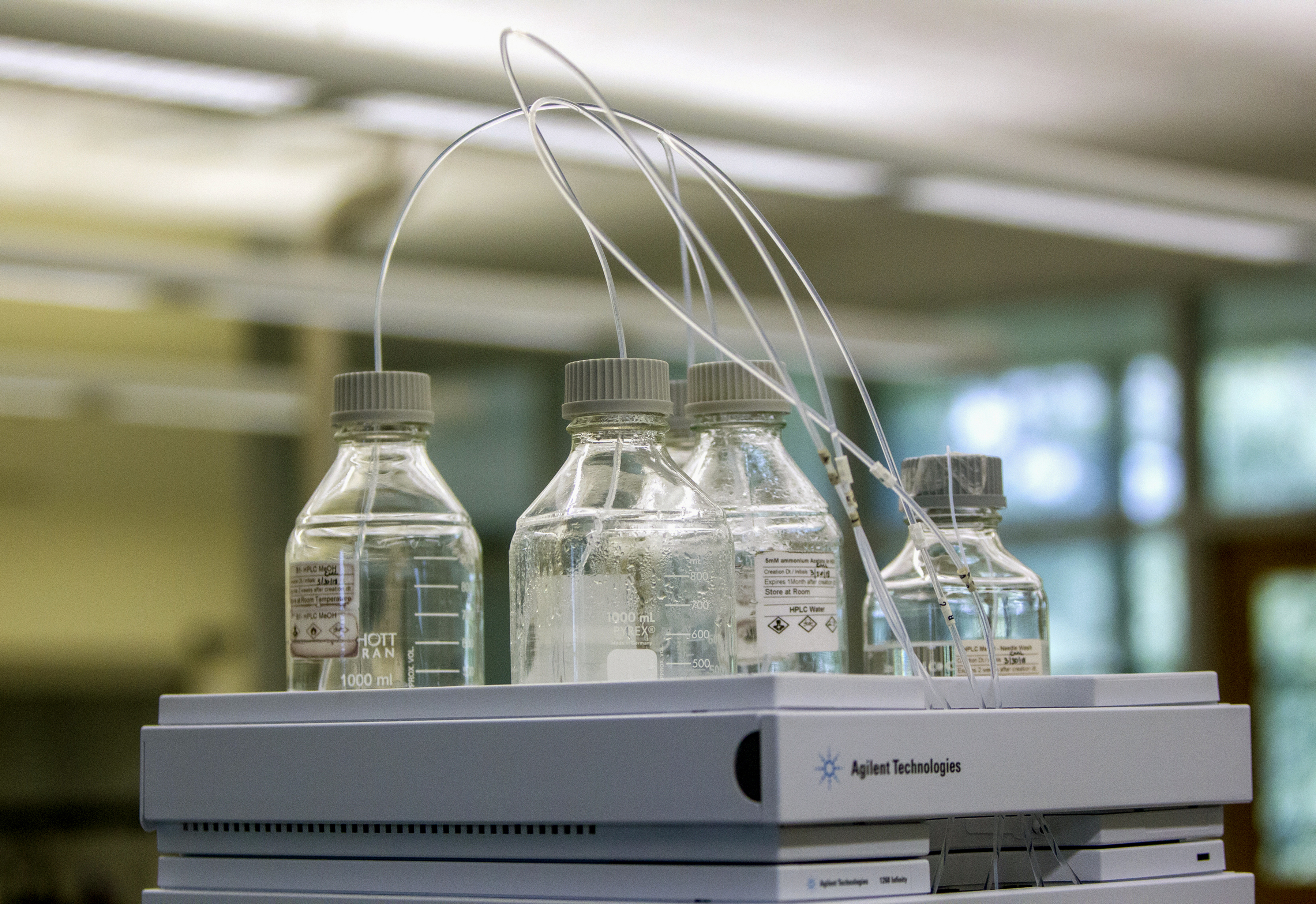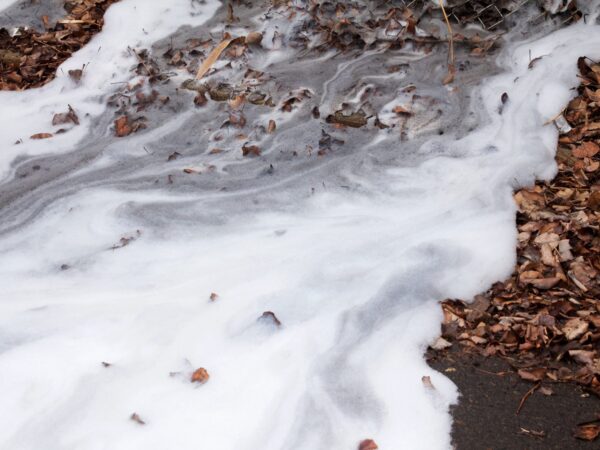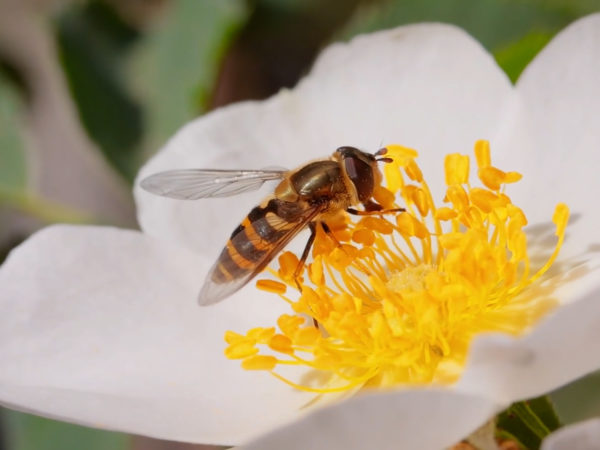
By Timberly Ferree, Indiana Environmental Reporter
A new Duke University-led study has found that the anti-fogging sprays and cloths used to prevent condensation on eyeglasses contain toxic PFAS chemicals.
Researchers tested five top-rated anti-fogging cloths and four top-rated anti-fogging sprays sold on Amazon and found all the products to contain fluorotelomer alcohols (FTOHs) and fluorotelomer ethoxylates (FTEOs). The two types of PFAS have received little study, making their possible health risks unknown.
“Our tests show the sprays contain up to 20.7 milligrams of PFAS per milliliter of solution, which is a pretty high concentration,” said Nicholas Herkert, a postdoctoral researcher at Duke’s Nicholas School of the Environment, who led the study.
Research suggests that once FTOHs and FTEOs are inhaled or absorbed through the skin, they could break down in the body to PFAS substances that are known to be toxic, Herkert said.
The FTEOs used in all four spray mixtures that were analyzed showed serious cell-altering toxicity and conversion to fat cells in lab tests.
Exposure to some PFAS is associated with serious health effects like impaired immune function, cancer, thyroid disease and other health disorders. Mothers and young children may be especially vulnerable to PFAS, which can affect reproductive and developmental health.
PFAS chemicals have been used since the 1940s to make products resistant to grease, fire and water.
The researchers published their peer-reviewed study Jan. 5 in the journal Environmental Science & Technology.
Also read the article here at the Indiana Environmental Reporter website.
Catch more news on Great Lakes Now:
PFAS News Roundup: PFAS in Lake Superior fish, two Michigan locations could land on Superfund list
Water utilities urge regulators to scrap new PFAS limits
Featured image: In this June 18, 2018, file photo, equipment used to test for perfluoroalkyl and polyfluoroalkyl substances, known collectively as PFAS, in drinking water is seen at Trident Laboratories in Holland, Mich. (Cory Morse/The Grand Rapids Press via AP, File)




